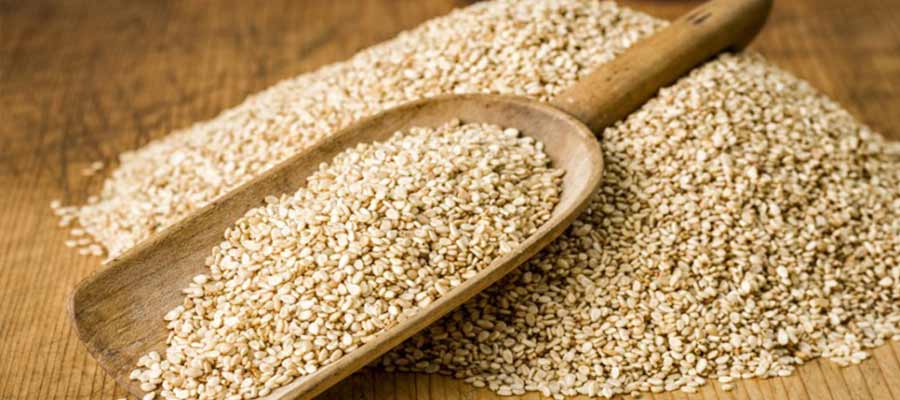Benefits of Niger Seed Oil
Niger seed oil has been recognized for its many impressive effects on human health, particularly its ability to speed healing, protect the skin, improve heart health, help with weight gain, aid sleep, stimulate circulation, and reduce inflammation, among others.
Sleep Aid
Magnesium, potassium and zinc are some of the key minerals that are found in niger seed oil, and they can also affect the hormonal levels in the body. These minerals can help to stabilize Circadian rhythms and induce the release of certain neurotransmitters that the body needs for proper rest, particularly magnesium. If you are suffering from insomnia or chronic restlessness while sleeping, try to add some niger seed oil and benefit from its many minerals.
Improves Heart Health
When you replace typical vegetable oils with things like niger seed oil or sunflower seed oil, you are able to improve your cholesterol balance, because these oils possess high levels of omega-3 fatty acids and linoleic acid. This can help lower your chances of developing atherosclerosis, which can further prevent heart attacks and strokes. The anti-inflammatory effects of these healthy fats can also help lower blood pressure and generally reduce the strain on your cardiovascular system.
Skin Care
If you are looking for a good solution for scars, burns, rashes or skin irritation, niger seed oil is an excellent option. The antioxidants found in this oil can help to stimulate the healing process and soothe inflammation. They can also prevent infections in the skin by boosting the immune reactivity at the site of wounds or lacerations. Antioxidants also neutralize free radicals, which can reduce the appearance of wrinkles and age spots.
Speeds Up Healing
The mineral and vitamin composition of niger seed oil makes it ideal for stimulating healing and regrowth of cells and tissues. Protein, fiber, riboflavin, vitamin C and other carbohydrates compacted in this oil are essential for the healing process, so adding this to your diet can do far more than help with your cholesterol issues. When recovering from an injury or surgery, consider switching to this oil for your culinary needs.



